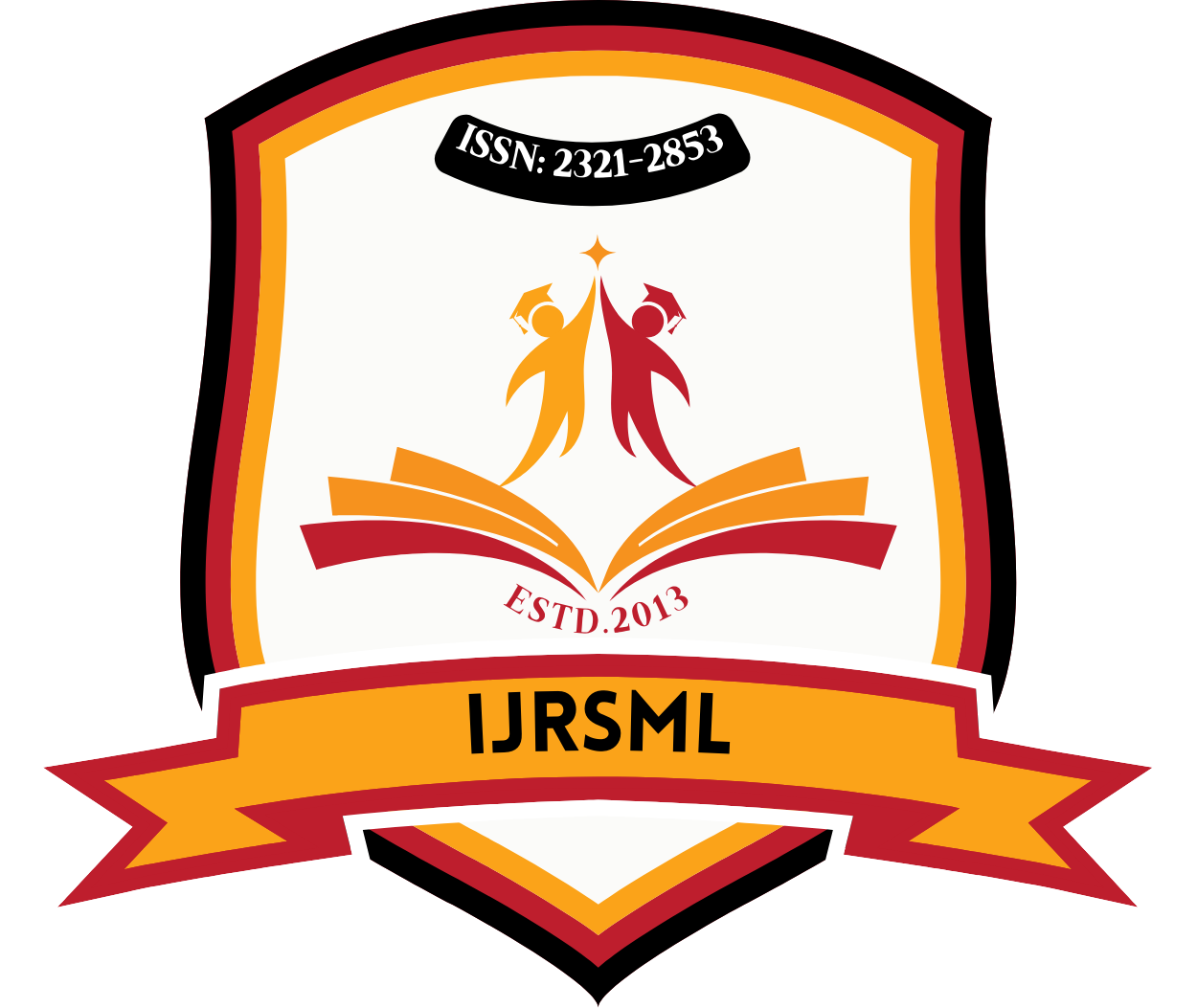![]()
Published Paper PDF: Download PDF
DOI: https://doi.org/10.63345/ijrsml.v13.i9.2
Certificate: View Certificate
Dr Pushpa Singh
IILM University
Greater Noida, Uttar Pradesh 201306, India
Abstract
Multilingual communication is a cornerstone of ethical clinical trial conduct, particularly in linguistically diverse contexts such as India. Ensuring that participants fully understand all aspects of a study—notably its purpose, procedures, risks, and benefits—is both a regulatory requirement and an ethical imperative. However, language barriers, cultural nuances, and varying literacy levels can hinder truly informed consent and ongoing participant engagement. This manuscript examines the ethical dimensions of multilingual communication with clinical trial participants in India, reviewing existing guidelines, regulatory frameworks, and empirical studies. We conducted a mixed‑methods clinical research study across five trial sites in four Indian states—Telangana, Maharashtra, West Bengal, and Tamil Nadu—enrolling 300 adult participants from Hindi, Bengali, Marathi, and Tamil language backgrounds. Using standardized procedures for translation and back‑translation of informed consent documents, coupled with participant comprehension assessments and focus‑group discussions, we evaluated comprehension rates, participant satisfaction, and instances of miscommunication. Our findings reveal that: (1) translation alone is insufficient—contextual adaptation and culturally tailored explanations significantly improve understanding; (2) multimedia consent aids (videos, pictograms) enhance comprehension among participants with limited literacy; and (3) ongoing verbal reinforcement by multilingual study staff reduces dropout rates and misunderstandings. We discuss practical recommendations for ethics committees, sponsors, and investigators, including: (a) early involvement of professional translators and cultural mediators; (b) piloting consent materials with target populations; and (c) integrating iterative feedback loops throughout trial conduct. The study underscores the necessity of a holistic, participant‑centered approach to multilingual ethics in clinical trials, with implications for policy harmonization and future research in global health settings.
Keywords
Multilingual communication; clinical trials; informed consent; ethics; India; translation; cultural adaptation; participant comprehension
References
- https://www.revechat.com/wp-content/uploads/2023/11/workflow-of-a-multilingual-chatbot-2.webp
- https://www.researchgate.net/publication/343235360/figure/fig1/AS:922082296745985@1596852959280/Participant-flow-diagram.ppm
- Bhatia, R., & Narayan, K. M. (2018). Linguistic diversity and informed consent: Challenges in translating clinical trial materials in India. Indian Journal of Medical Ethics, 3(2), 45–52.
- DeSouza, R., & Pinto, C. (2019). Assessing comprehension of informed consent in multilingual trials: A mixed‑methods study. Journal of Clinical Research & Bioethics, 10(4), 201–209.
- Deshpande, N., & Kulkarni, P. (2020). Back‑translation quality in medical research: A systematic review. Translational Medicine Communications, 5(1), 12.
- Eichler, H. G., Bloechl‑Daum, B., & Oye, K. (2016). Ensuring ethical standards in multilingual clinical research. Global Public Health, 11(6), 789–798.
- George, V., & Thomas, P. (2021). Cultural adaptation of consent materials: Lessons from rural India. Health Communication, 36(8), 1024–1032.
- Gharat, S., & Kulkarni, S. (2017). Multimedia aids in informed consent: A randomized trial in South India. PLOS ONE, 12(5), e0177153.
- ICH Harmonised Tripartite Guideline. (1996). Guideline for Good Clinical Practice E6 (R1). International Council for Harmonisation.
- Indian Council of Medical Research. (2017). National Ethical Guidelines for Biomedical and Health Research Involving Human Participants. ICMR.
- Jindal, P., & Menon, S. (2019). Health literacy and informed consent: Evaluating teach‑back in clinical trials. Journal of Empirical Research on Human Research Ethics, 14(3), 235–244.
- Kaur, H., & Singh, Z. (2020). Participant retention and communication strategies in phase III trials in India. Contemporary Clinical Trials Communications, 17, 100540.
- Kothari, M., & Agarwal, S. (2022). Dialectal variations and miscommunication in consent processes. Journal of Medical Ethics, 48(1), 41–47.
- Lewis, J., & McGowan, H. (2018). Visual aids in consent: Pictogram efficacy in low‑literacy populations. Research Ethics, 14(3–4), 117–125.
- Nair, S., & Rajan, S. (2021). Community engagement in consent development: A participatory approach. BMC Medical Ethics, 22(1), 90.
- Patel, V., & Desai, M. (2017). Ethical oversight of translation in clinical trials: An Indian perspective. Indian Journal of Clinical Practice, 27(9), 765–770.
- Puri, A., & Banerjee, A. (2020). Evaluating retention of consent information over time: A longitudinal study. Clinical Trials, 17(5), 482–490.
- Raj, T., & Kumar, D. (2019). Regulatory “postcode lottery”: Variability in ethics committee review of translations. Regulatory Affairs Journal, 10(2), 33–39.
- Sharma, R., & Gupta, N. (2022). Low‑tech alternatives to multimedia consent: Flip‑chart interventions. International Journal of Clinical Trials, 9(2), 56–64.
- Singh, A., & Roy, P. (2018). Audio consent in rural settings: Feasibility and participant perspectives. Indian Journal of Community Medicine, 43(4), 287–292.
- (2005). Universal Declaration on Bioethics and Human Rights. United Nations Educational, Scientific and Cultural Organization.
- World Health Organization. (2018). Ethical Considerations for Clinical Trials in Developing Countries (WHO/HIS/IER/18.1). WHO.
